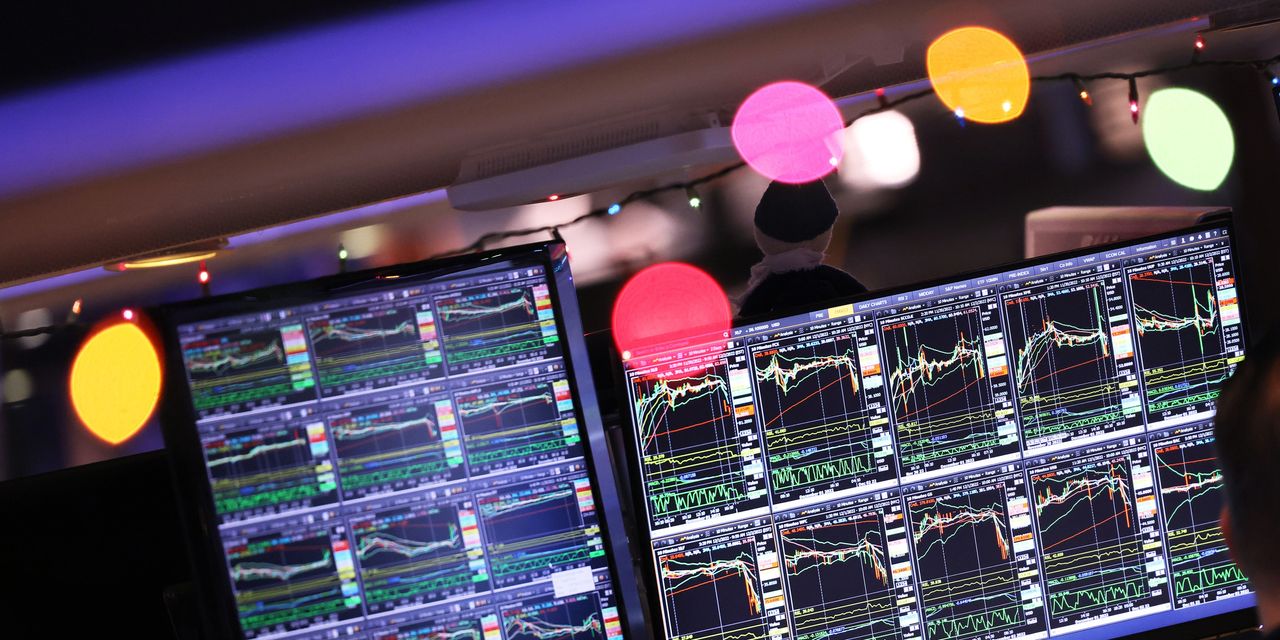Investors already fretting the Federal Reserve’s monetary tightening path should brace for interest rates to keep climbing through May 2023, and to forget about any rate cuts next year, according to Goldman Sachs’ Jan Hatzius.
Goldman’s chief economist expects the Fed to downshift the size of its rate hikes soon, firing off a 50 basis point rate increase next week at the conclusion of its two-day policy meeting on Dec. 14, rather than opt for another jumbo 75 basis point move higher.
That would would bring the Fed funds rate to a range of 4.25% to 4.50%, after its fourth straight rate hike of 75 basis points in November pushed the range to its highest level in 15 years.
U.S. stocks have been pummeled to start the week, after rallying from the lows of 2022 on hopes that inflation might be retreating, which could set up the Fed to slightly “pivot” by hiking rates in smaller increments. But this year’s rapid increases already have the central bank on its most aggressive tightening path since the 1980s (see chart), which eventually should cool economic growth and inflation.
The Federal Reserve is embarking on its most aggressive pace of tightening in 40 years
Truist Advisory Services
The Dow Jones Industrial Average
DJIA,
was down almost 400 points on Tuesday afternoon, or 1%, while the S&P 500 index
SPX,
was 1.4% lower and the Nasdaq Composite Index
COMP,
was off 1.9%.
To start 2023, Goldman’s Hatzius expects the Fed to greenlight another 25 basis point rate hike, although with an increase of 50 basis points still a possibility. “Beyond February, our forecast is above market pricing, as we see two more 25bp hikes in March and May and no cuts until 2024 as the economy remains more resilient than projected by most forecasters and market participants,” he said, in a written Q&A on Monday about Goldman’s 2023 outlook.
In a bright spot, Hatzius pointed to Fed Chairman Jerome Powell’s recent reference to alternative rent indicators for tracking inflation as signaling he “will not be held hostage” to lagging economic indicators typically used by the Federal Open Market Committee to track inflation.
“In that sense, it has further reduced the risk that the FOMC will trigger an avoidable recession,” he said.
See: Zillow sees rent growth tumbling, but that isn’t what the Fed’s tracking

